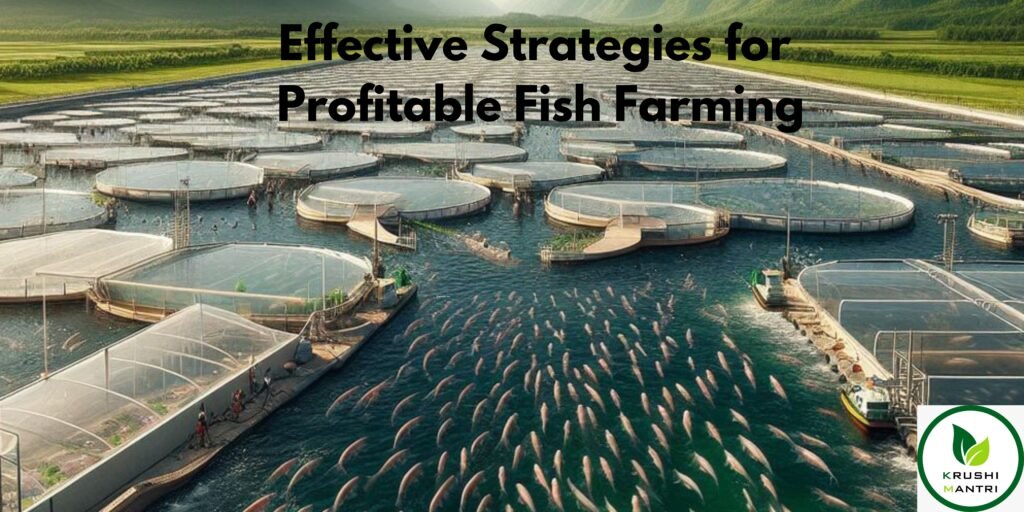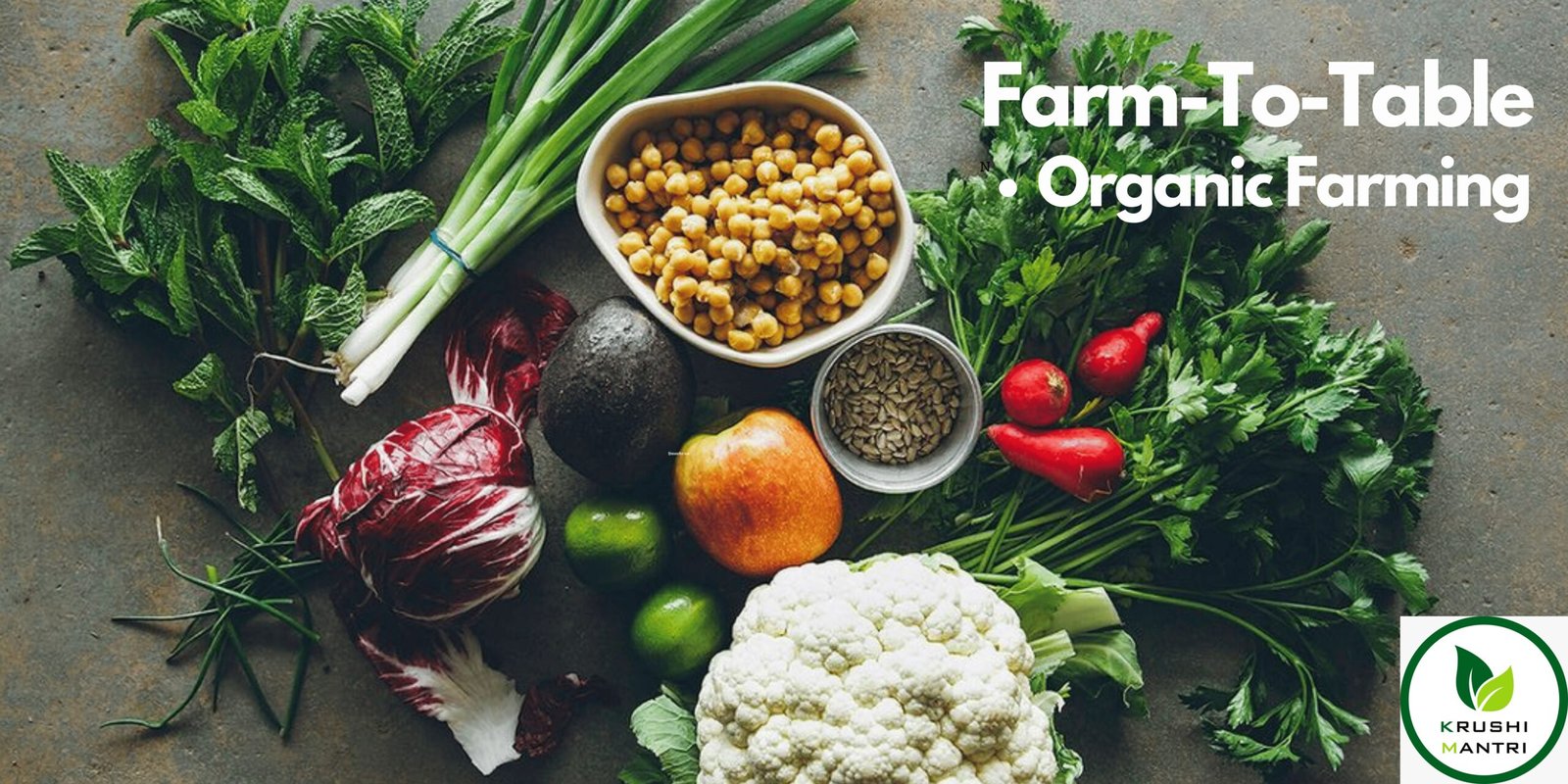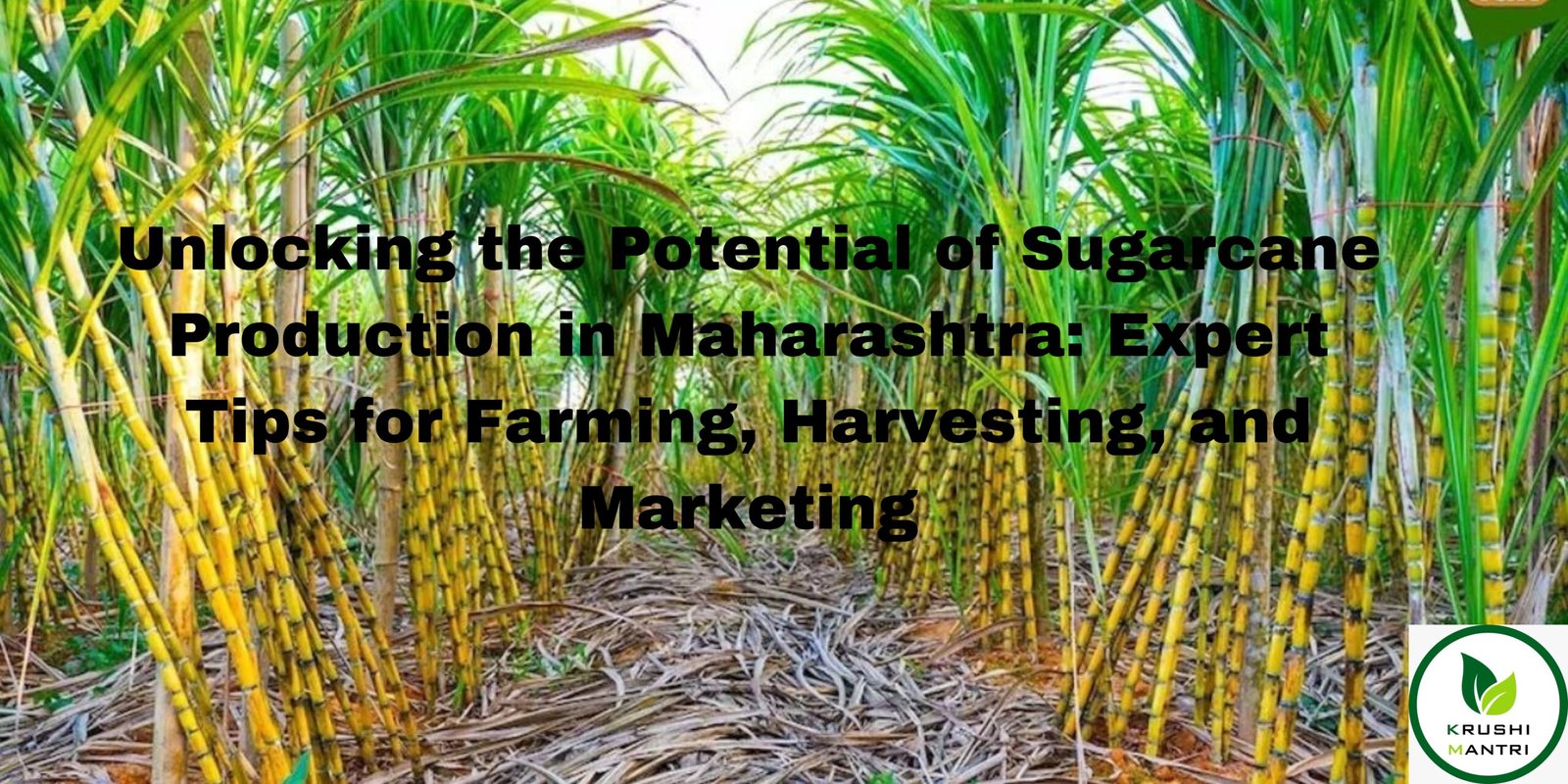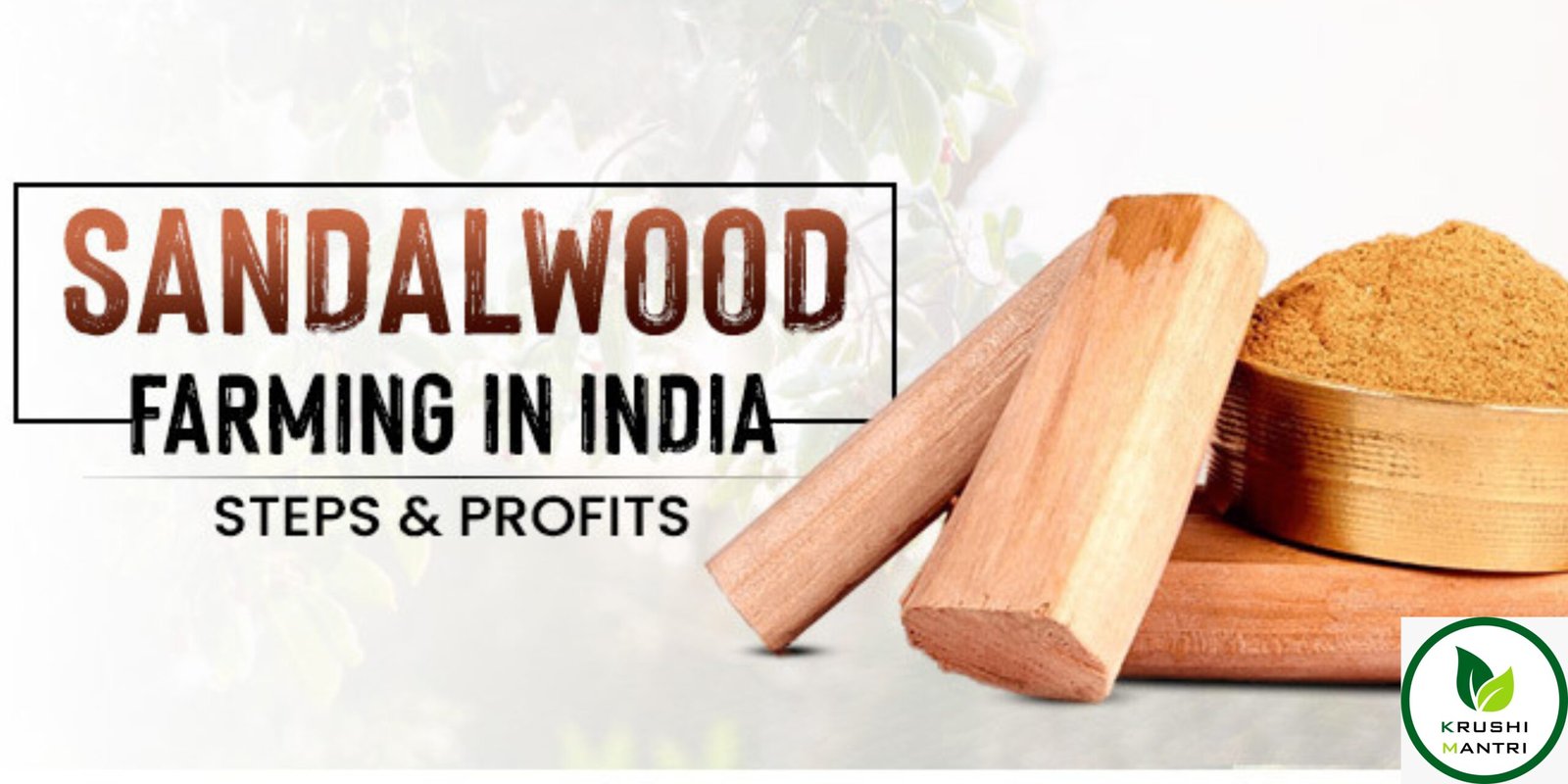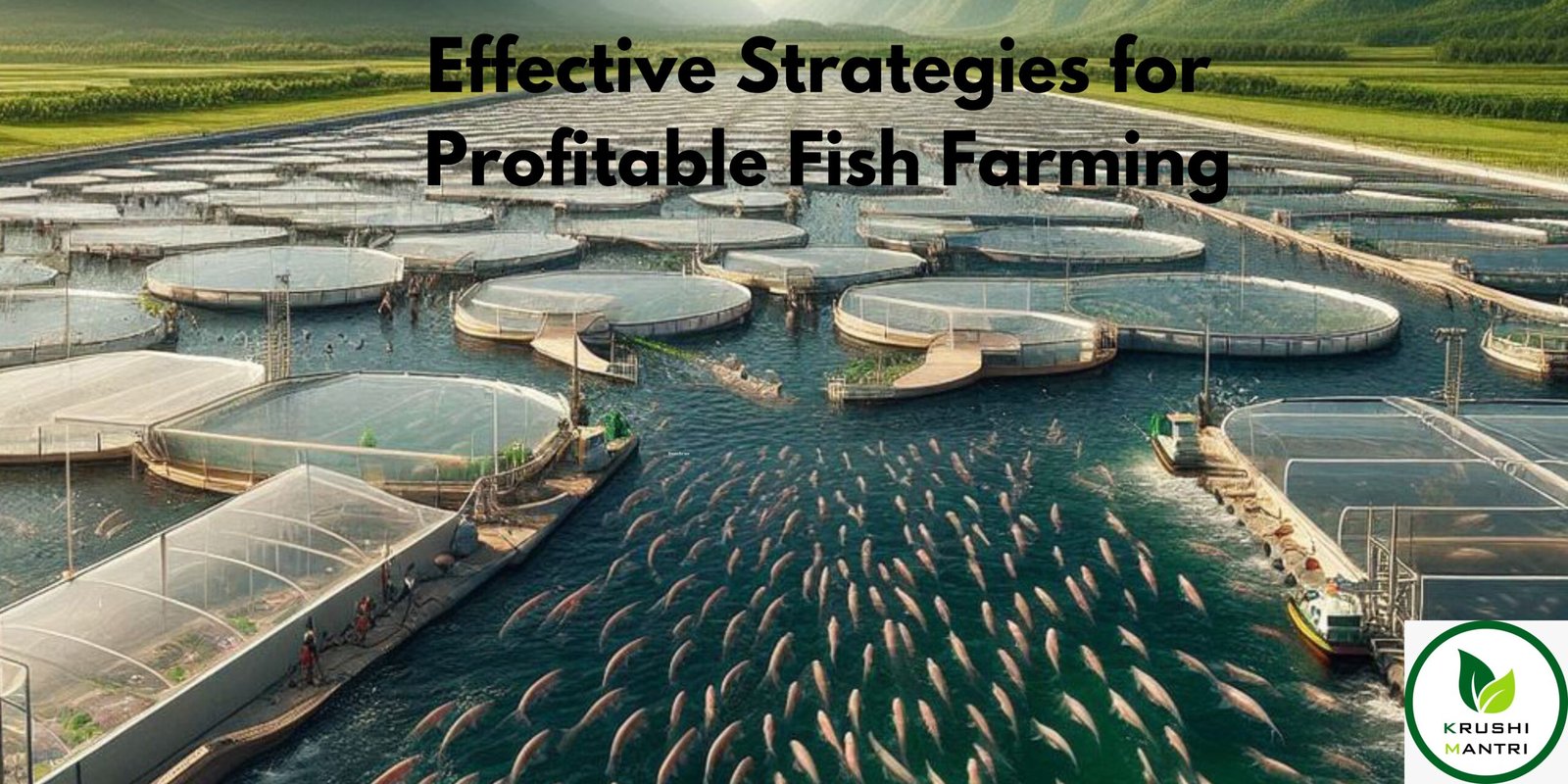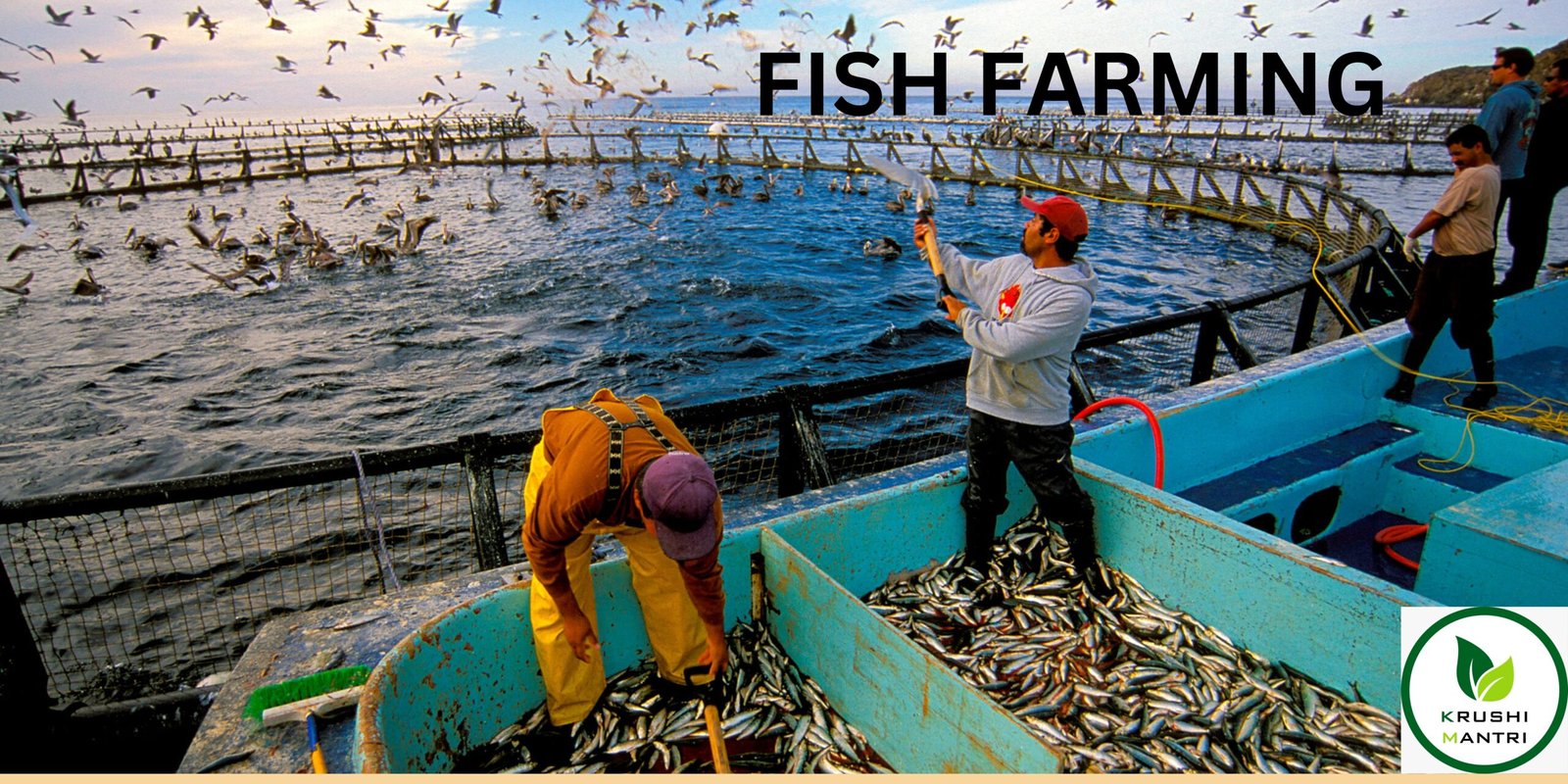Farm-to-table concept is gaining momentum in Maharashtra, driven by a growing demand for fresh, organic, and locally-sourced food. This approach bridges the gap between farmers and consumers, emphasizing transparency, sustainability, and quality. By eliminating intermediaries, it ensures that food reaches consumers in its freshest form while offering farmers fair prices for their produce. Maharashtra’s fertile lands and diverse agricultural practices have made it a prime region for this movement, with organic farming at its core. From bustling urban markets to small-town eateries, the farm-to-table trend is reshaping how people source and enjoy their food.
Behind this movement is a remarkable transformation in the state’s agricultural practices. Farmers are shifting from conventional methods reliant on chemical fertilizers and pesticides to organic farming, which promotes ecological balance and soil health. This shift not only yields healthier and more nutritious crops but also aligns with the growing consumer preference for clean, sustainable food. By adopting organic methods, farmers in Maharashtra are not only ensuring a better livelihood for themselves but also contributing to the broader goal of environmental conservation and a healthier society.
Cultivating a Revolution: The Birth of Farm-To-Table
The movement promoting fresh, locally-sourced food originated from growing dissatisfaction with industrialized agriculture and the processed food systems that dominated the 20th century. In the post-World War II era, advancements in food production focused heavily on maximizing efficiency and shelf life, often compromising nutrition, flavor, and sustainability. This led to a disconnection between food systems and the natural environment, with large-scale farming prioritizing quantity over quality and relying extensively on chemical inputs and monoculture practices.
By the 1960s and 1970s, the counterculture movement began advocating for a return to natural, wholesome eating. Visionaries like Alice Waters, founder of Chez Panisse in California, emphasized the importance of cooking with locally-grown, seasonal ingredients. Her approach of building direct relationships with farmers to source fresh produce became a model for an alternative food system that celebrated quality and sustainability.
As awareness of environmental issues and personal health grew, so did the call for transparency in how food was produced and sourced. Farmers’ markets started appearing in cities, providing consumers with direct access to small-scale, sustainable producers. Over time, this philosophy has grown into a global phenomenon, emphasizing the value of supporting local economies, reducing food miles, and eating with the seasons. What began as a push for better food quality has evolved into a way of life that nurtures a deeper connection to the land, the farmers, and the food on our plates.
The Pioneers of Change
Dipak’s Journey: From Conventional to Organic
Dipak, a 38-year-old farmer from Kutki village in Wardha district, exemplifies the transformative power of organic farming. Just last season, Dipak made the bold decision to switch from conventional to organic methods on his 16-acre farm.
“I do not want to go back to the conventional method of farming,” Dipak asserts. He explains that a significant portion of his previous investment went into fertilizers and pesticides, which were detrimental to his soil’s health. Now, with organic farming, Dipak has seen a gradual improvement in soil quality, making it his top priority.
Dipak’s success is evident in the numbers. From his 9 acres of organic cotton, he harvested 6,700 kg of seed cotton, earning a gross income of 616,400 INR. After expenses, his net income stood at an impressive 418,375 INR, with an additional premium of 30,820 INR for organic production.
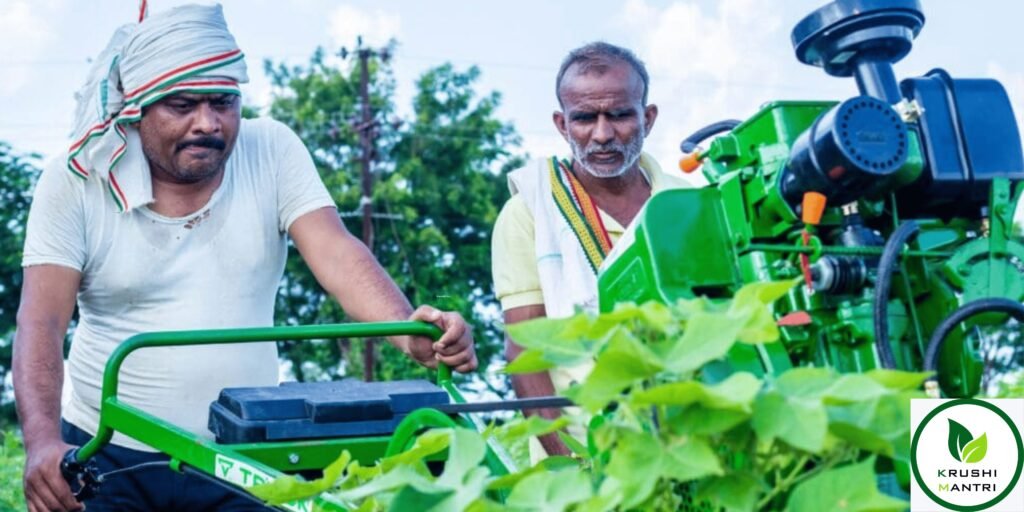
Udayakumar’s Resilience: Turning Adversity into Opportunity
Another inspiring story comes from Udayakumar K.P., a former carpenter from Mahadevikadu, near Haripad, in Alappuzha. After losing sight in his right eye due to a workplace accident, Udayakumar turned to agriculture, specifically organic farming.
Today, Udayakumar manages 2.5 acres of land, growing a variety of organic vegetables, fruits, and flowers. He also operates a two-acre aquaculture farm and runs an eco-shop. His farming venture now earns him an average monthly income exceeding 1 lakh rupees.
“Agriculture has helped me overcome setbacks in life,” Udayakumar reflects. His farm produces over 50 kg of vegetables daily during peak periods, and he also sells around 30,000 vegetable seedlings monthly through his eco-shop.
The Organic Farming Movement in Maharashtra
Collective Efforts and Education
The organic farming movement in Maharashtra is not just a collection of isolated success stories but a powerful collective effort driven by collaboration, education, and innovation. At the heart of this movement are organizations like the Maharashtra Organic Farming Federation (MOFF), which have played a pivotal role in guiding and supporting farmers through their transition to organic methods. By fostering a sense of community and shared purpose, these efforts are transforming the agricultural landscape of the state.
In 2004, MOFF introduced a groundbreaking initiative that turned successful organic farmers into mentors. These pioneers opened their fields as “organic schools,” where fellow farmers could learn firsthand about sustainable practices. This peer-to-peer learning model created a ripple effect, as farmers not only gained practical knowledge but also the confidence to adopt organic methods themselves. Seeing real-world success in action has inspired countless others to embrace organic farming, creating a thriving network of sustainable agriculture enthusiasts across Maharashtra.
Government Support and Initiatives
The government has also been a strong ally in this farm-to-table transformation. Recognizing the immense potential of organic farming, it launched initiatives like the Dr. Punjabrao Deshmukh Jaivik Kheti Mission, which has an ambitious goal of bringing 12 lakh hectares of land under organic cultivation. Through this program, farmers receive comprehensive support, including training in organic techniques, expert guidance to manage the transition from conventional farming, and assistance with marketing their organic produce. By addressing both the challenges and opportunities of organic farming, these initiatives empower farmers to become self-reliant while contributing to a greener, healthier future for Maharashtra.
Together, these collective efforts driven by education, peer support, and government backing are not only revolutionizing agriculture in Maharashtra but also inspiring a larger movement for sustainable living.
Shaping the Journey from Farm-To-Table
The rise of organic farming in Maharashtra has had a significant impact on the farm-to-table movement:
- Increased Availability of Organic Produce
- As more farmers adopt organic methods, a wider variety and larger quantity of organic produce is now available in local markets.
- This increased supply makes organic options more accessible and affordable for consumers, allowing them to incorporate healthier, locally-sourced food into their daily diets.
- Direct Farmer-Consumer Connections
- Organic farmers are increasingly selling directly to consumers through farmers’ markets, online platforms, and community-supported agriculture (CSA) programs.
- This direct connection strengthens the farm-to-table movement, as consumers gain more trust in the food they purchase and can learn about its source and production methods.
- Restaurant Partnerships with Local Organic Farmers
- Many local restaurants are partnering with organic farmers to source fresh, chemical-free ingredients.
- This collaboration enhances the dining experience, providing customers with seasonal, sustainably grown produce and supporting the local economy.
- Health and Environmental Awareness
- The rise of organic farming has heightened awareness of the health benefits of chemical-free produce and the environmental impact of sustainable farming.
- As a result, more consumers are opting for organic, locally-sourced food, contributing to healthier lifestyles and a more eco-friendly food system.
Steps to Start Farm-To-Table in Maharashtra
- Research and Education
- Begin by learning about organic farming principles, techniques, and benefits.
- Attend workshops, read books, and consult experts or organizations like the Maharashtra Organic Farming Federation (MOFF).
- Choose the Right Land
- Select land that is free from chemical fertilizers and pesticides for at least 3 years to qualify for organic certification.
- Ensure the soil is suitable for organic cultivation, with proper drainage and good fertility.
- Soil Preparation
- Start by improving soil health using natural compost, manure, and organic matter to build up soil fertility.
- Use crop rotation and green manure to maintain soil health and prevent pest build-up.
- Obtain Organic Certification
- Apply for organic certification through recognized bodies like the Agricultural and Processed Food Products Export Development Authority (APEDA) in India.
- Be prepared for an inspection and documentation process to prove adherence to organic standards.
- Choose Suitable Crops
- Select crops that are well-suited to the local climate and soil conditions.
- Opt for high-demand organic crops like vegetables, fruits, or medicinal plants that are popular in local markets.
- Adopt Sustainable Farming Practices
- Use organic pest control methods like neem oil, natural predators, and crop rotation.
- Avoid synthetic fertilizers and pesticides, relying instead on organic amendments.
- Connect with the Market
- Build relationships with local farmers’ markets, grocery stores, and restaurants to sell your produce.
- Consider joining Community-Supported Agriculture (CSA) programs or setting up an online platform for direct consumer sales.
- Continuous Learning and Networking
- Stay updated on new organic farming techniques and regulations.
- Join farming networks or cooperatives to learn from peers and share experiences.
By following these steps, aspiring organic farmers can start their journey toward sustainable, chemical-free agriculture while contributing to the growing demand for organic produce.
Challenges and Future Outlook for Organic Farming in Maharashtra
While organic farming in Maharashtra has gained considerable momentum, several challenges remain that could impact the long-term growth of the farm-to-table movement. Some of the key challenges include:
- Initial Yield Drop: The transition from conventional to organic farming often results in a temporary drop in yields as the soil regenerates and crops adjust to organic methods.
- Organic Certification: Obtaining organic certification is a costly and time-consuming process, posing a significant barrier, especially for small-scale farmers who may lack the resources to navigate the complex certification procedures.
- Market Access for Small-Scale Farmers: While demand for organic produce is increasing, small-scale farmers often struggle with limited market access, making it hard to compete with larger, conventional farms that already have established retail channels.
Despite these challenges, the future of organic farming in Maharashtra is promising, with several factors contributing to its growth:
- Government Support: Government initiatives, such as the Dr. Punjabrao Deshmukh Jaivik Kheti Mission, offer training, guidance, and financial assistance, making the transition to organic farming smoother for many farmers.
- Growing Consumer Awareness: There is a rising consumer demand for organic produce, driven by increasing awareness about the health benefits and sustainability of organic food.
- Inspiring Farmer Success: Farmers like Dipak and Udayakumar are leading the way, demonstrating that success in organic farming is achievable with dedication, education, and resources.
Looking ahead, we all have a role to play in supporting the organic farm-to-table movement:
- Choose locally-grown organic produce to support local farmers and reduce food transportation’s environmental impact.
- Participate in community-supported agriculture (CSA) programs to strengthen the connection between consumers and farmers.
- Advocate for supportive policies, such as better access to organic certification, training, and market access for farmers.
By working together, we can help foster a more sustainable and equitable food system that benefits farmers, consumers, and the environment alike.
Maharashtra’s Farm-To-Table Organic Farming Revolution: Economic Growth and Consumer Empowerment
Maharashtra has emerged as a leader in India’s organic farming sector, significantly contributing to the nation’s agricultural landscape. As of the 2021-2022 period, the state boasts over 1.2 million hectares dedicated to organic cultivation, positioning it as the second-largest contributor after Madhya Pradesh.
The economic impact of this movement is multifaceted. Organic farming has opened new avenues for small-scale farmers, allowing them to access premium markets that value chemical-free produce. This shift not only enhances their income but also promotes sustainable agricultural practices. Government initiatives, such as the Dr. Punjabrao Deshmukh Jaivik Kheti Mission, provide essential support through training, guidance, and financial assistance, facilitating the transition to organic methods.
Consumer response has been equally positive. There’s a growing demand for organic products, driven by increased awareness of health and environmental benefits. This trend is evident in the rise of farmers’ markets and community-supported agriculture programs, which strengthen the connection between consumers and local farmers. Additionally, local restaurants are increasingly sourcing fresh, organic ingredients, enhancing the farm-to-table experience.
In conclusion, Maharashtra’s commitment to organic farming has not only transformed its agricultural practices but also fostered a healthier, more sustainable food system. The state’s efforts serve as a model for others, demonstrating the economic and environmental benefits of embracing organic agriculture.
Conclusion
The farm-to-table organic farming movement in Maharashtra has evolved from a niche practice to a transformative force in the agricultural landscape. By embracing sustainable farming practices, farmers in the state are not only improving their income and contributing to a healthier food system but also playing a vital role in environmental conservation. With continued government support, increasing consumer demand for organic products, and a growing network of education and resources, Maharashtra is well on its way to becoming a leader in organic agriculture.
For those looking to join this movement, starting an organic farm requires dedication, knowledge, and a commitment to sustainable practices. By following the right steps, from soil preparation to obtaining organic certification and building market connections, anyone can be part of the farm-to-table revolution that is reshaping the future of food. Ultimately, the growth of organic farming in Maharashtra reflects a deeper cultural shift towards sustainability, health, and local empowerment values that will continue to inspire future generations of farmers and consumers alike.
- How to Correct Your Farmer ID Online: A Step-by-Step Guide for Indian Farmers

- Unlocking the Potential of Sugarcane Production in Maharashtra: Expert Tips for Farming, Harvesting, and Marketing

- Apiculture- 6Essential Steps to Build a Thriving Honey Bee Farm

- Comprehensive Guide to Starting a Poultry Farm Business: Egg Production, Sheds, and Poultry Farm Insurance Coverage
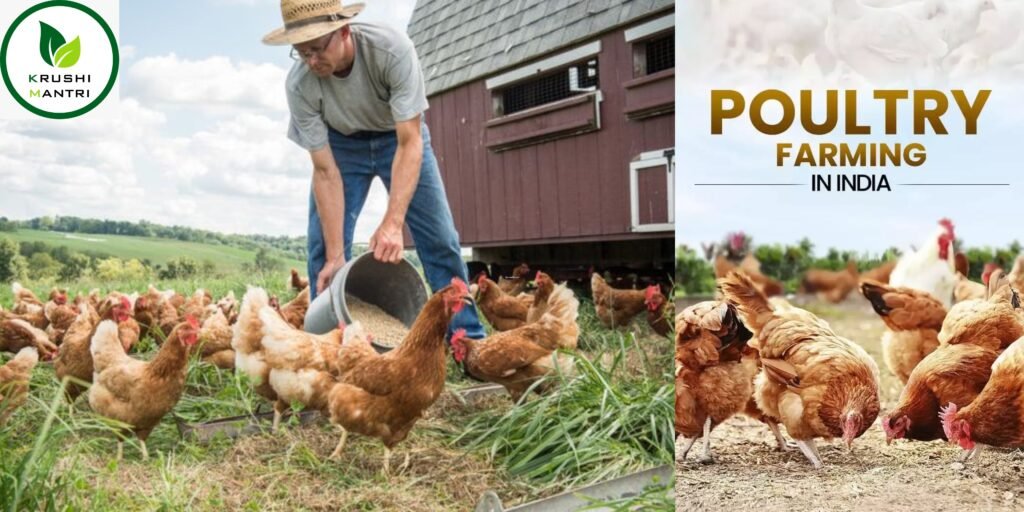
- A Complete Guide to Sandalwood Tree Farming: Red and White Sandalwood
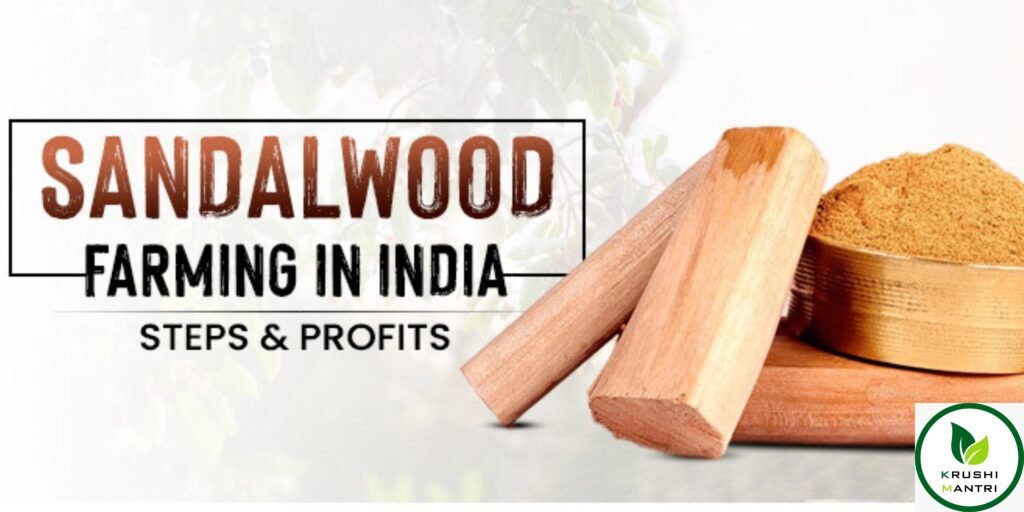
- Rohu, Salmon Fish Farming: 4 Effective Strategies for (Types, Care, and Area-Specific Guidance)
